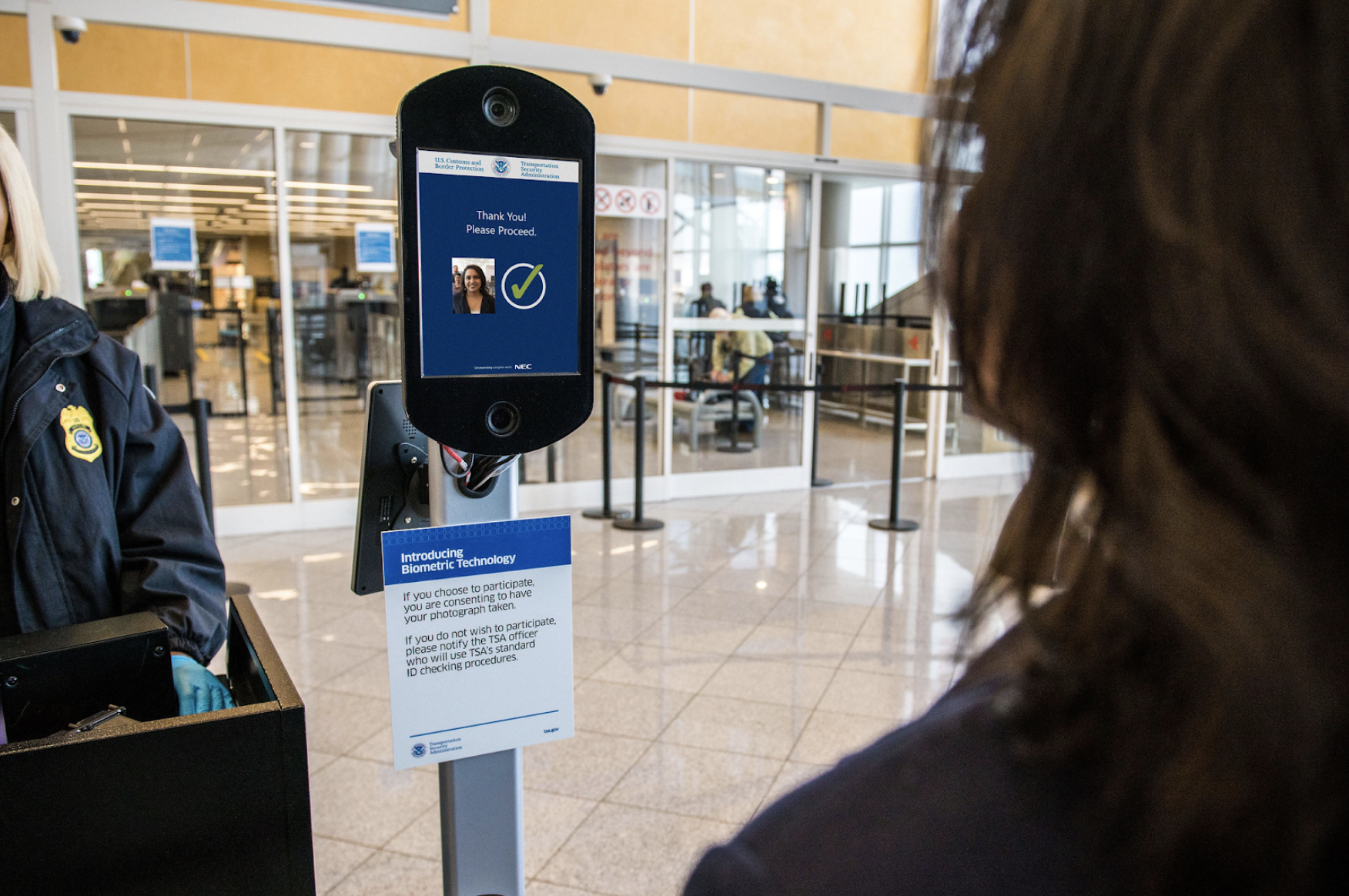Identity Review | Global Tech Think Tank
Keep up with the digital identity landscape.
With the fast-paced evolution of the digital landscape comes the potential for new cybersecurity threats. Here are some of the biggest cybersecurity challenges that society will face in the near future.
Blockchain identity management has been on the rise in recent years. As a decentralized system, blockchain provides unique security features that not only make personal data theft much more difficult, but also allow people who previously had no means of verifying their identity to do so securely, enabling them access to basic services such as checking account services.
Blockchain technologies will likely play a significant role in the post-COVID-19 world as more people consider how consumer data—particularly medical data—is protected and shared. With the increased usage of contact tracing apps and other pandemic-related technologies, personal health information has emerged out of a protective medical setting and into a consumer setting, where it is more vulnerable. This has inevitably raised concerns about data privacy regarding sensitive health information.
Blockchain is one solution that can empower a privacy-centric world. Last year, Civic, a blockchain-based digital wallet company, released a proof-of-health verification tool called Health Key for companies, a platform that allows users to control who can access their medical records and how they can share it. Civic allows consumers to protect their personal information, but still generate cryptographic proofs to verify their identity. It’s one of many companies wielding blockchain to secure personal data.
However, blockchain is not unhackable. Since 2017, hackers have stolen around $2 billion in blockchain cryptocurrency. Although blockchain is lauded for its secure design, consumers should continue to be careful with how it is being used, as the quest to build breach-resistant identities through blockchain is continuing to evolve.
Cloud security is another type of cybersecurity tool that has entered the mainstream market in the last decade. However, as companies have shifted to storing sensitive data on cloud computing platforms, cybercriminals have also begun targeting data on the cloud over local data centers.
Using the cloud requires proper configuration and security measures to protect against increasingly sophisticated cyber threats. The central issue is that complex configurations create difficulties in managing, monitoring and restricting cloud access. Misconfigurations of permissions on cloud resources can lead to data breaches as well. Consequently, Improved Identity and Access Management (IAM) strategies are needed.
One example of a company considering this particular cybersecurity challenge in relation to IAM is Ermetic, a cloud identity and access management company that provides a full-stack solution for managing identities, access and privileges. Ermetic’s platform grants clients greater visibility and control over the permissions granted to users.
As securing user access to the cloud grows in demand for public cloud services, companies that utilize these technologies must continue to be aware of potential data breaches and place greater emphasis on security.
Biometric security is another cybersecurity threat being analyzed and explored. Biometric data has already been popularized in today’s digital age—facial recognition in mobile phones is an example. Consumers will likely see a dramatic rise in the use of fingerprints, iris scans, voice recognition, and other types of biometric data in the near future.
One might assume that using biometrics for identification is nearly foolproof, since biological prints are unique to individuals. But although biometrics are reliable and efficient, they are not without flaw. If a hacker accesses biometric information, they can not only impersonate an individual, but they will also gain access to a wide range of personal data due to the current high degree of authority placed on biometric authentication methods.

In January, Delta Airlines launched the first domestic digital identity test in the United States, allowing for accelerated screening using a traveler’s digital ID.
That is not to say that biometric security has no place in the current cybersecurity landscape. Earlier this year, Delta Air Lines launched digital ID tests at its Detroit hub, which uses facial recognition technology and encrypts the photos before verifying the traveler’s identity through the U.S. Customs and Border Protection’s biometric matching service. Industry changes like these will support the advancement of digital identity technologies.
As society continuously adapts to the dynamic age of digital transformation, cybersecurity threats will continue to rise and spur new challenges. The innovation and cyber capabilities should continue to develop in tandem with new policies for data privacy, and doing so can create new next steps for the cybersecurity landscape.
Do you have information to share with Identity Review? Email us at press@identityreview.com.